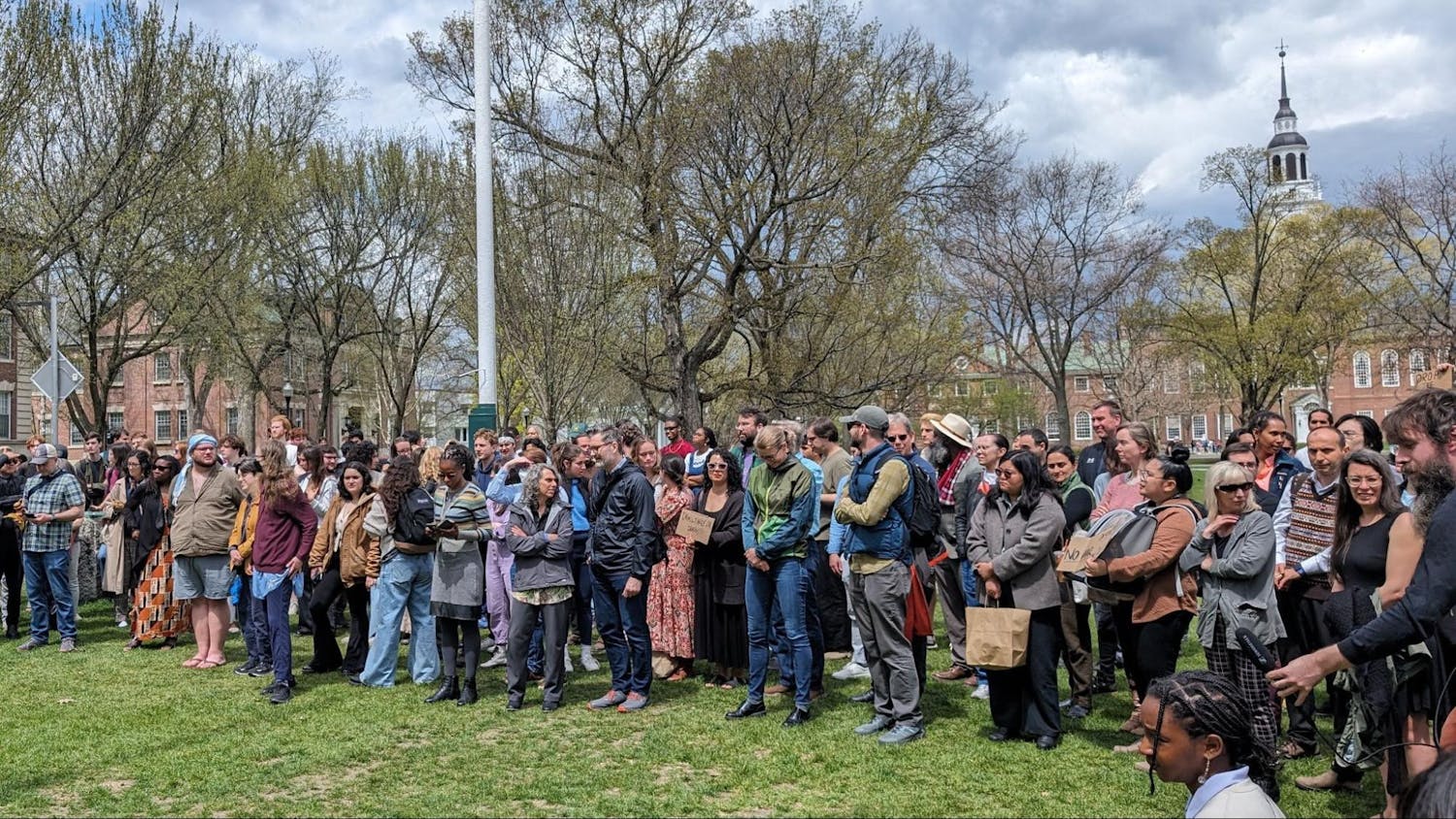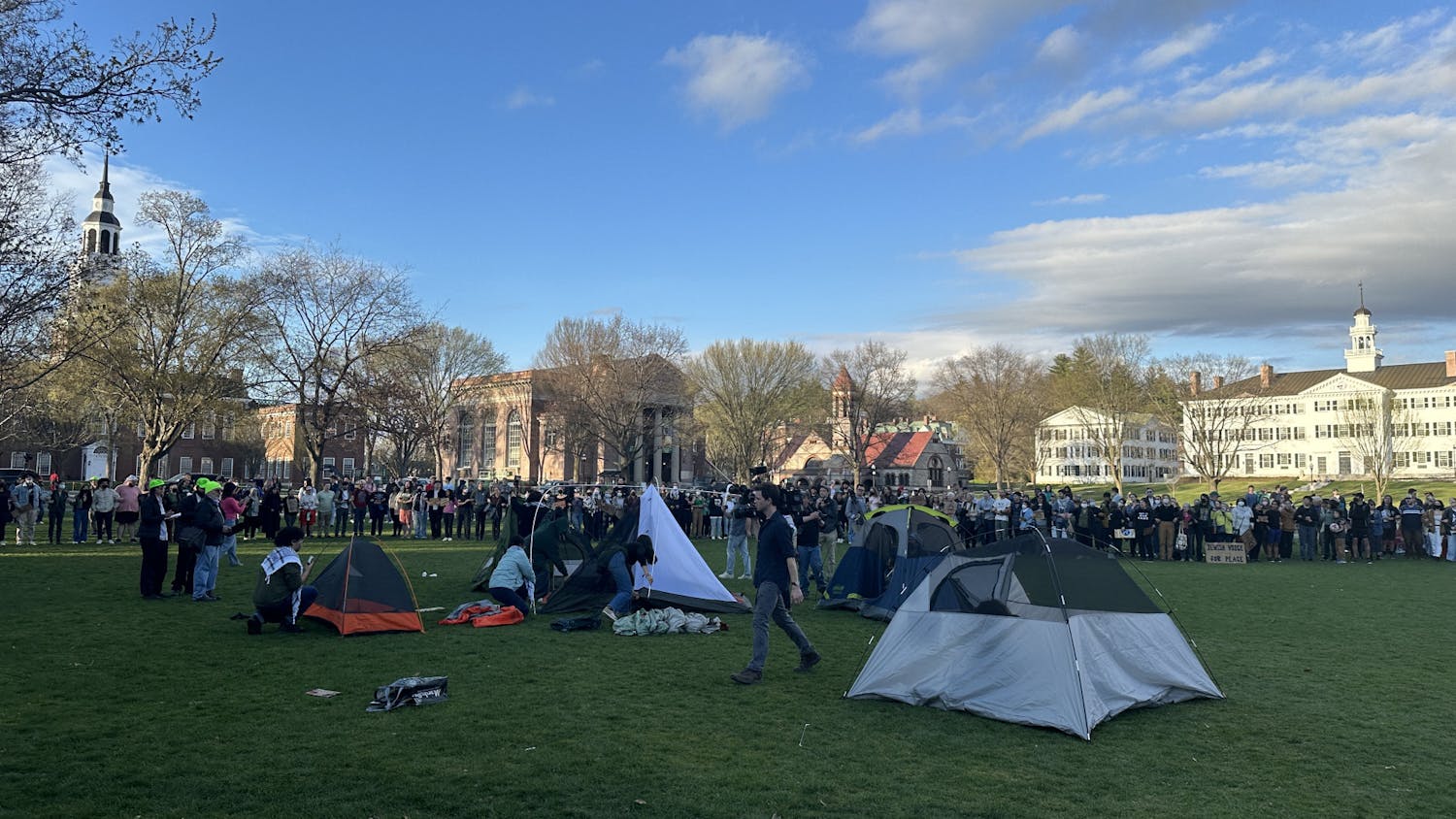Crate, who has studied the Viliui Sakha since the 1980s, recently spent the first of three planned summers in the Sakha Republic to study the people's understanding of climate change and to educate them.
The Sakha, a semi-nomadic people, rely heavily on agriculture and cattle husbandry for survival in their taiga environment, rendering the community particularly vulnerable to environmental changes, according to Crate.
Warmer winters, colder summers, increased precipitation and sudden temperature changes are severely impacting the community, she said.
"Cultural change is analogous to other movements such as Native Americans moving to reservations," Crate said. "The only difference is that these people are not the ones moving -- their environment is."
The increased rain, snow and floods have made it difficult for the Sakha to harvest hay to feed their animals and have threatened the health of their horses in the winter, Crate said. Flooding has spread fear among the Sakha that they are submerging into water.
Ninety percent of the Sakha community is worried about the consequences of climate change, Crate said, but most misunderstand its causes and blame the local reservoir.
"We need to bring issues on the global realm to the indigenous peoples of the Sakha Republic," Crate said. "They are not going to be able to adapt no matter how resilient their cultures are."
Although she is only in the preliminary stages of her research, Crate said she hopes her work will lead to greater knowledge of the local and global implications of climate change among the Sakha people.
"As of now, they have no understanding of problems of global climate change," Crate said in an interview with The Dartmouth. "By giving these people information on a local scale, they can understand the issues in their own cultural context."
The lecture was cosponsored by the Institute of Arctic Studies and the Integrative Graduate Education and Research Traineeship program in Polar Environmental Change, among others. One of IGERT's objectives is to explore the intersection between the scientific and anthropological aspects of climate change, environmental studies professor Ross Virginia, director of the Dickey Center Institute of Arctic Studies, said in an interview with The Dartmouth.
Crate received both her doctorate degree in ecology and her master of science degree in folklore from the University of North Carolina at Chapel Hill.



